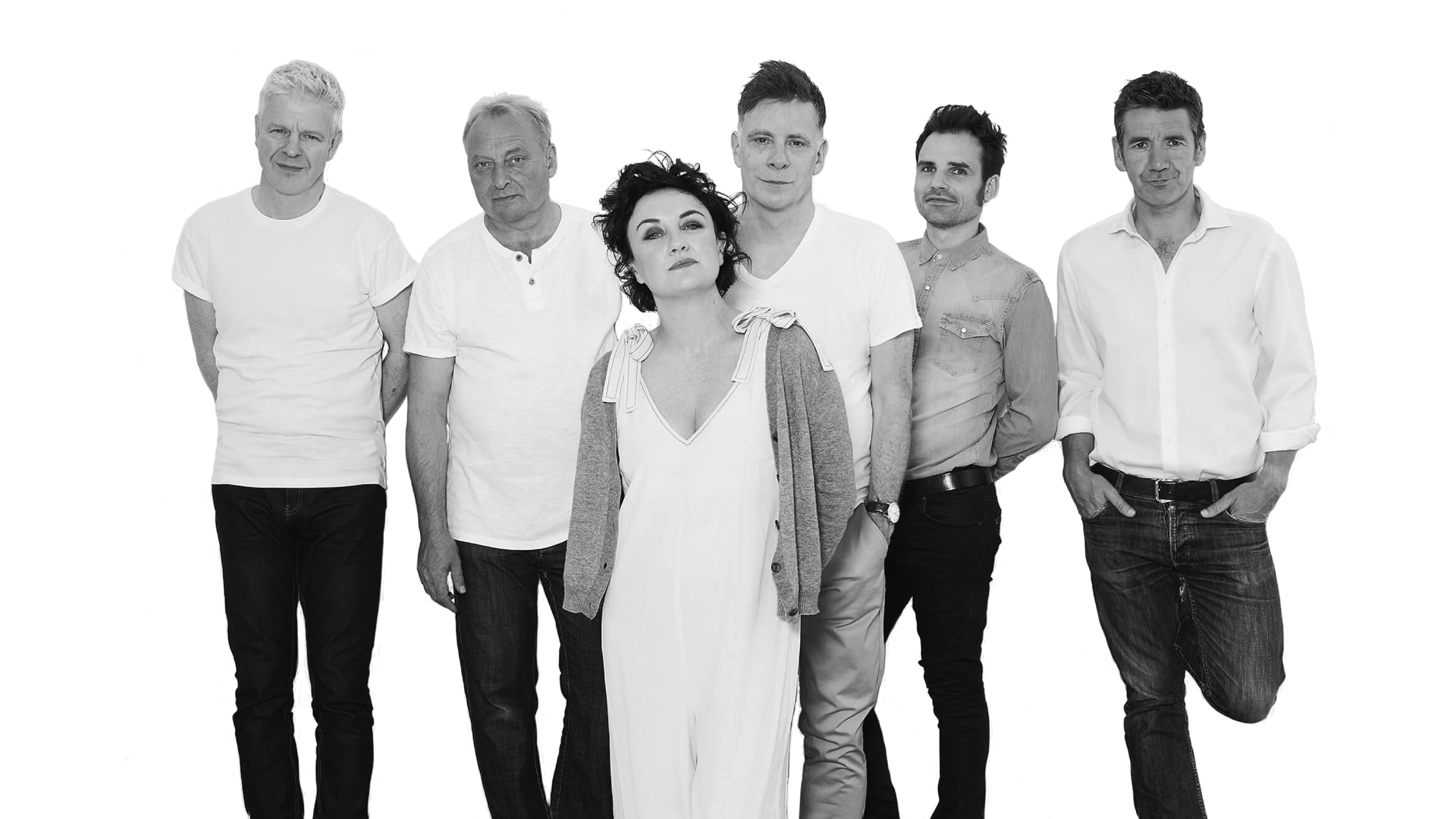Deacon Blue have spent more than thirty years telling stories about ordinary people’s extraordinary lives.
The band’s music speaks to their own working class roots, and speaking to The Big Issue, singer Lorraine McIntosh recalled the precarity of her own upbringing, and how she was made homeless days after she turned 18.
We lost everything. It just got put in the street
“My mum had died years before, and my dad coped for a while,” says the 55-year-old. “He just didn’t cope. He drank too much, didn’t pay the rent and we were evicted. The council waited until I turned 18 – we were put out a week later.”
“I got a phonecall from a social worker saying I wasn’t to go home, as dad had been evicted. I was at the bus stop with my friend, but couldn’t get on the bus. She phoned her mum and I ended up staying with them at first. No clothes, no nothing. We lost everything. It just got put in the street. And the saddest thing was I lost all my mum’s things, her clothes, wee bits of jewellery, all put on the street. Gone.”
It’s clear McIntosh’s experience with homelessness continues to inform her worldview. Last year, she became an advocate for Simon Community Scotland’s Nightstop campaign. The programme places people aged 16 to 25 in a safe and warm home for the night, provided by a vetted and approved volunteer.
The band have always touched on politics in their music too, although their new album City of Love, their tenth, deals more with the personal than the political. Having emerged in 1985, a year after the miners strikes that dominated the country, including in McIntosh’s hometown of Cumnock in Ayrshire, that sense of community strength and resistance is part of their DNA. Their 1992 hit Your Town deals directly with Thatcherism, and the birth of Scottish independence.









